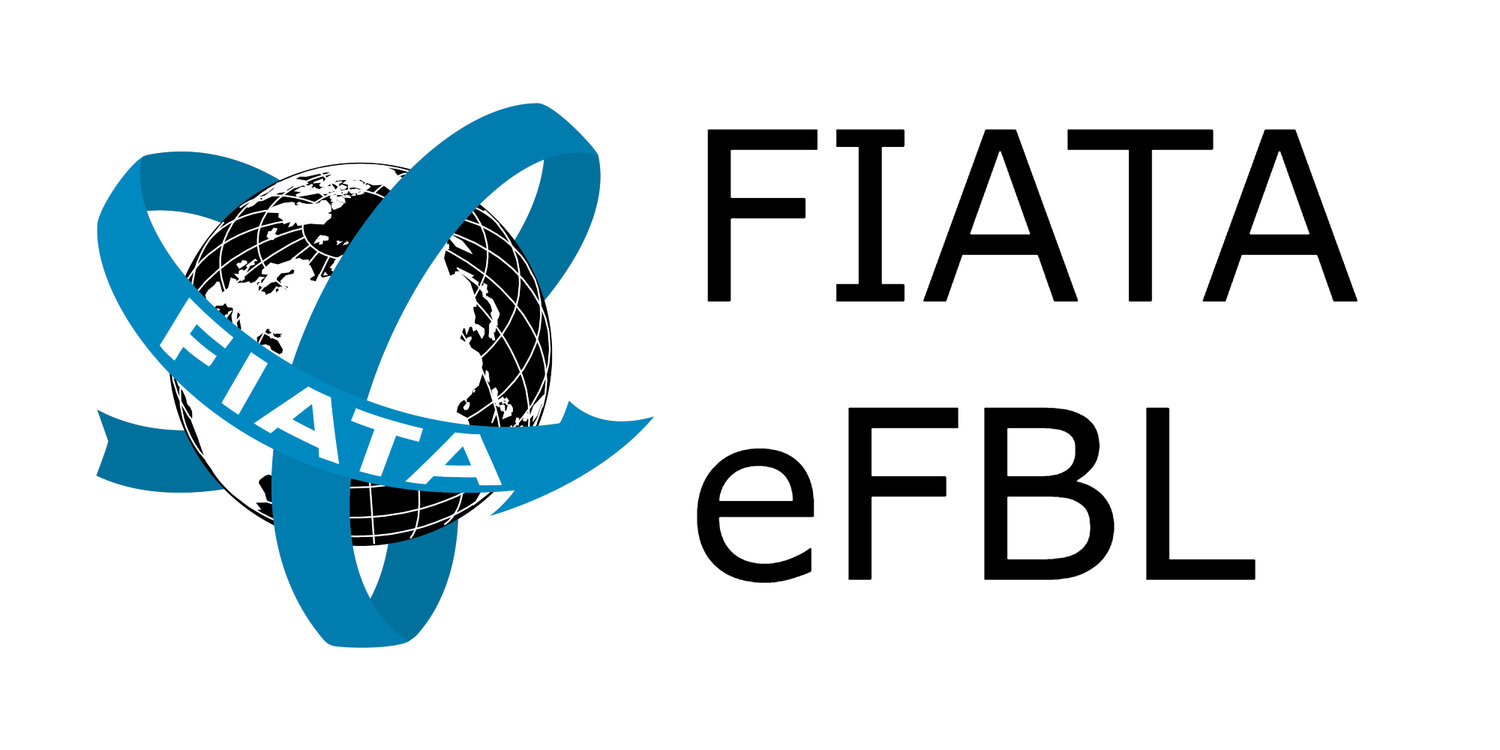
Secured digital FIATA BL: towards paperless trade
The digitalization of the supply chain is an industrywide challenge, where collaboration between all stakeholders is critical.
FIATA is committed to playing its role, representing the interests of Freight-Forwarders by leading projects that will help them embrace the digital world and ensure they stay operationally up to date with new business models.
Launched in June 2020, FIATA Digital Strategy includes 6 projects, all aiming to facilitate the exchange of data between Freight-Fowarders and their stakeholders.
Long awaited, the digitalisation of the Negotiable FIATA Multimodal Transport Bill of Lading was the first priority addressed by FIATA to allow freight-forwarders to easily issue secured digital FBLs through their everyday tools.
Easy access and full traceability
How does the eFBL work ?
Freight-Fowarders input FBL data through their everyday tool (TMS & other software).
The software shares the FBL data together with the identity of the document issuer with FIATA, through a dedicated API.
FIATA checks the identity of the issuer, through its FIATA Verified Digital Identity and registers the digital FBL document, stamped with a unique tracking QR code and identifier.
Freight-Fowarders can decide how they wish to share the document with their stakeholders: as a printed document or as a secured digital BL.
All stakeholders interacting with the document can access the immutable audit trail to verify the validity of the document, the identity of its issuer and the integrity of its content.
A trustworthy document
The Negotiable FIATA Multimodal Transport Bill of Lading was established more than 30 years ago as a paper standard trade document.
It is the only truly multimodal negotiable standard Bill of Lading, set up by FIATA for the use by Freight-Forwarders acting as Multimodal Transport Operators (MTO).
The ICC logo, visible on the top right of the document, demonstrates its conformity with UNCTAD/ICC rules for Multimodal Transport Documents.
Immutable document audit trail
Each secured digital FBL is registered with a unique hash on a private ledger (powered by our partner Trakk from Komgo).
The immutable document audit trail is accessible to all stakeholders interacting with the document, by scanning the QR code or dragging/uploading the document on FIATA’s dedicated verification webpage.
The document audit trail certifies:
The validity of the document: the date and time when the document was registered by FIATA is displayed.
The identity of its issuer: the company name, address and business registration number are displayed. Stakeholders can also see the name of the National Association the issuing company is a member of and a confirmation that, at the time of the document registration, the issuing company fulfilled all conditions as specified in the terms and conditions of the FBL.
The integrity of its content: a screenshot of the document (as when it was registered by FIATA) is accessible to all stakeholders who can verify the integrity of the document they have received and ensure it hasn’t been modified.
eFBL Proof of Concept
A 7 months Proof of Concept (Feb-Aug 2021) allowed to confirm both the technical and operational feasability of the project.
The POC involved 7 software providers (AKANEA, Bolero, eCustoms, eDox Online, CargoX, Cargowise, TradeWindow) who tested the technical implementation of the eFBL data model and API.
19 Freight-Forwarders (FIATA and National Associations members) tested the full lifecycle of the document, from its issuance through the participating software providers to the sharing and verification process with their stakeholders.




